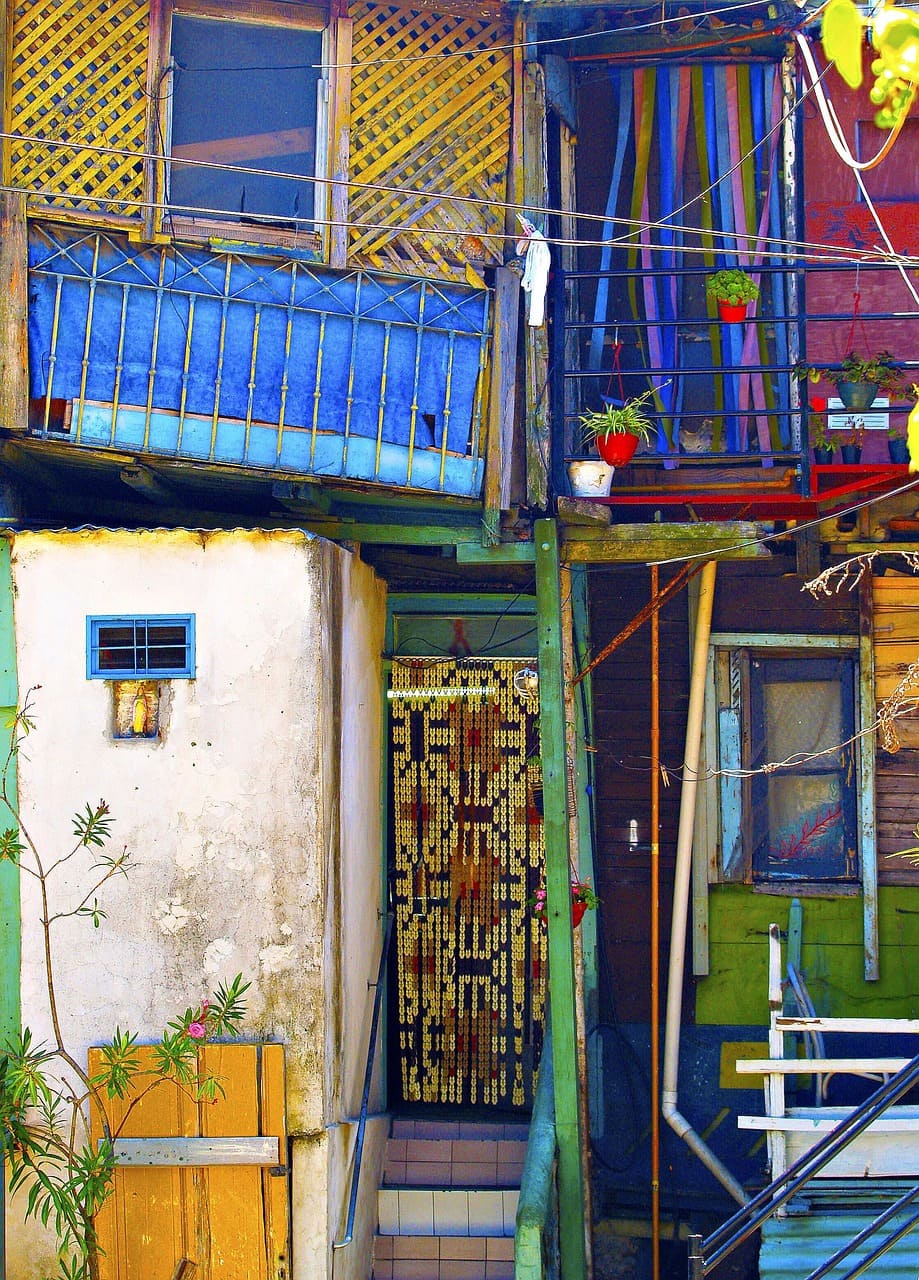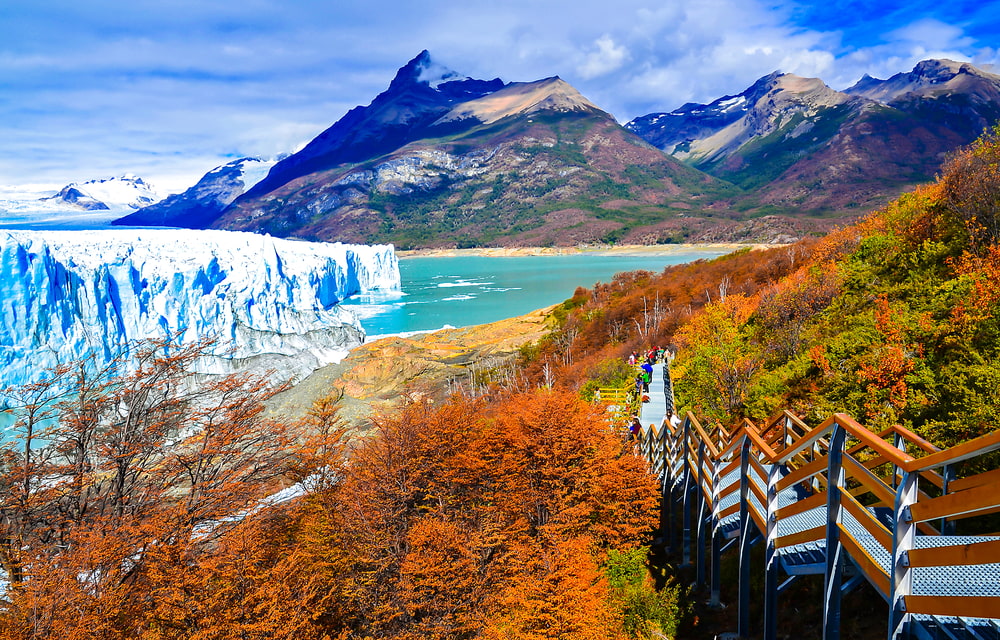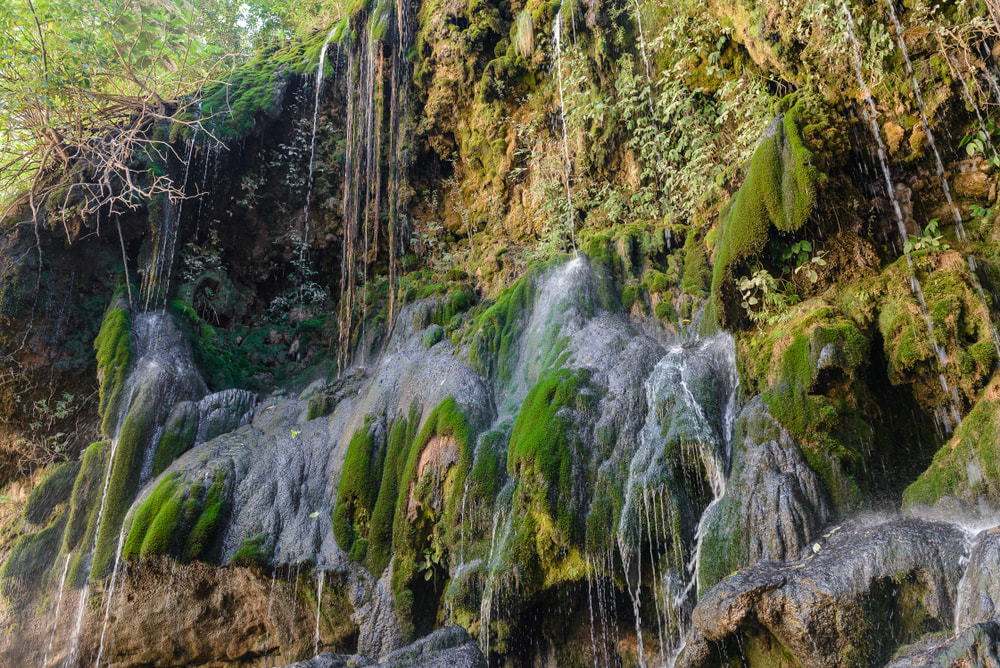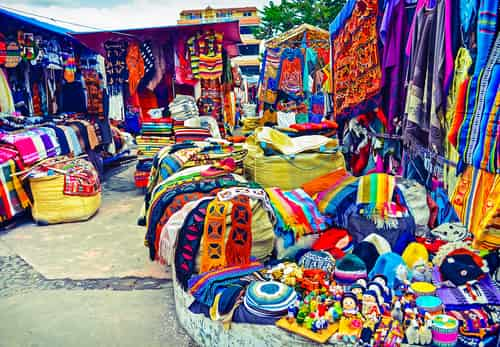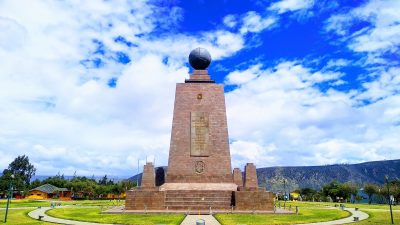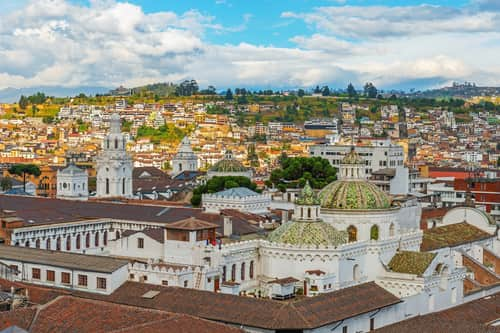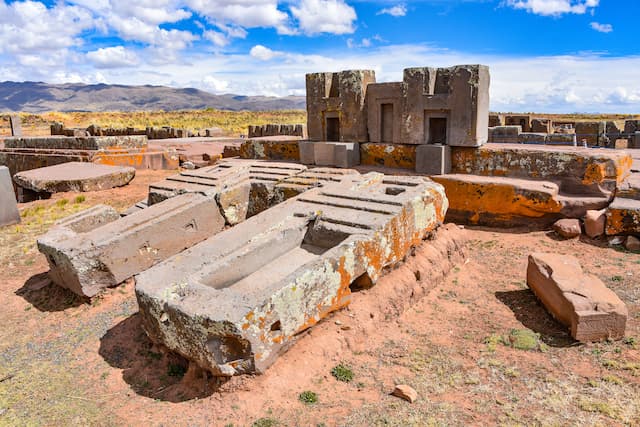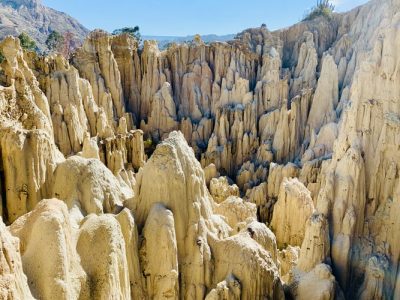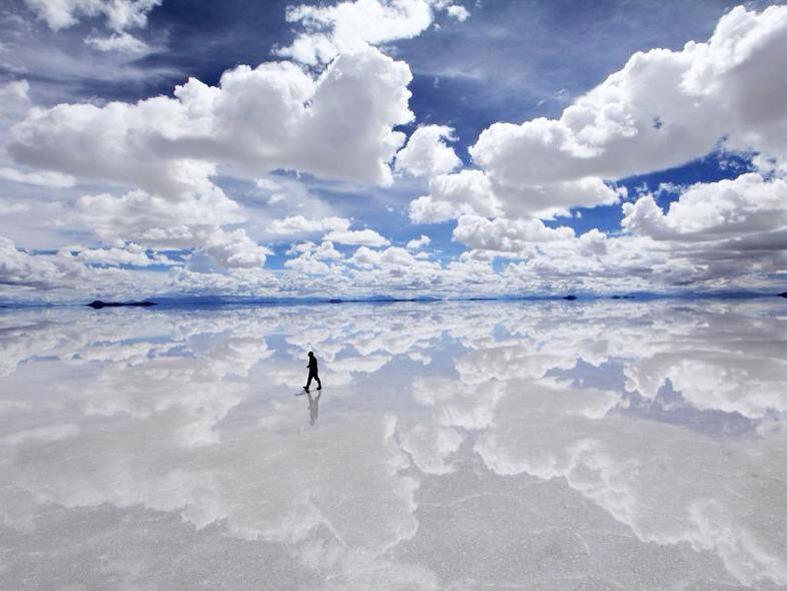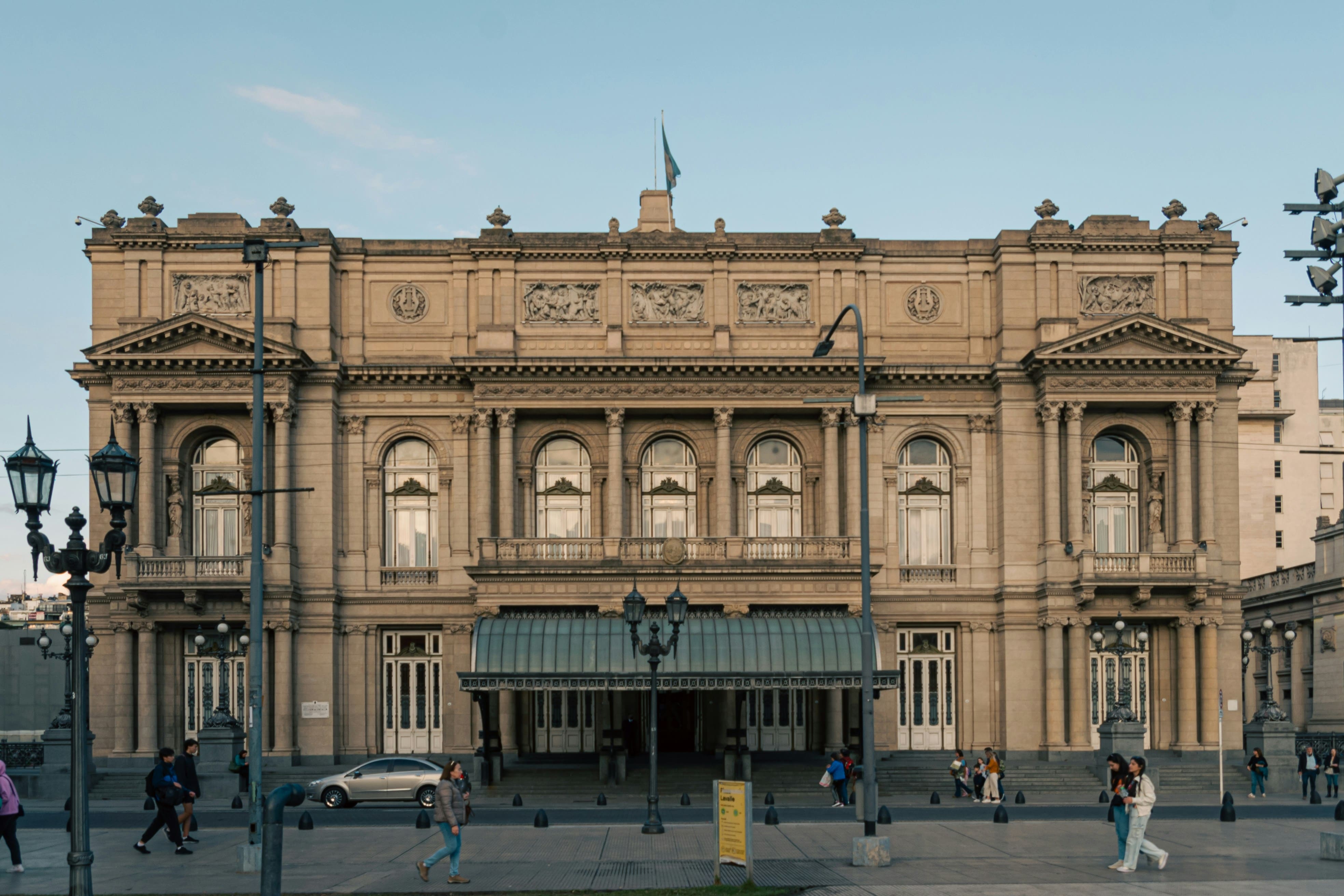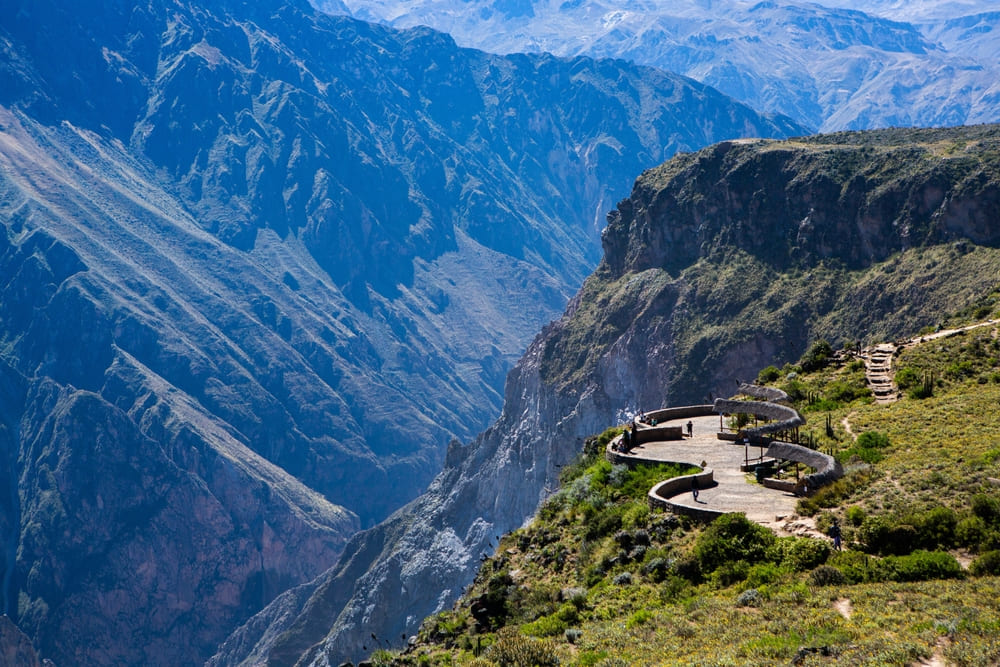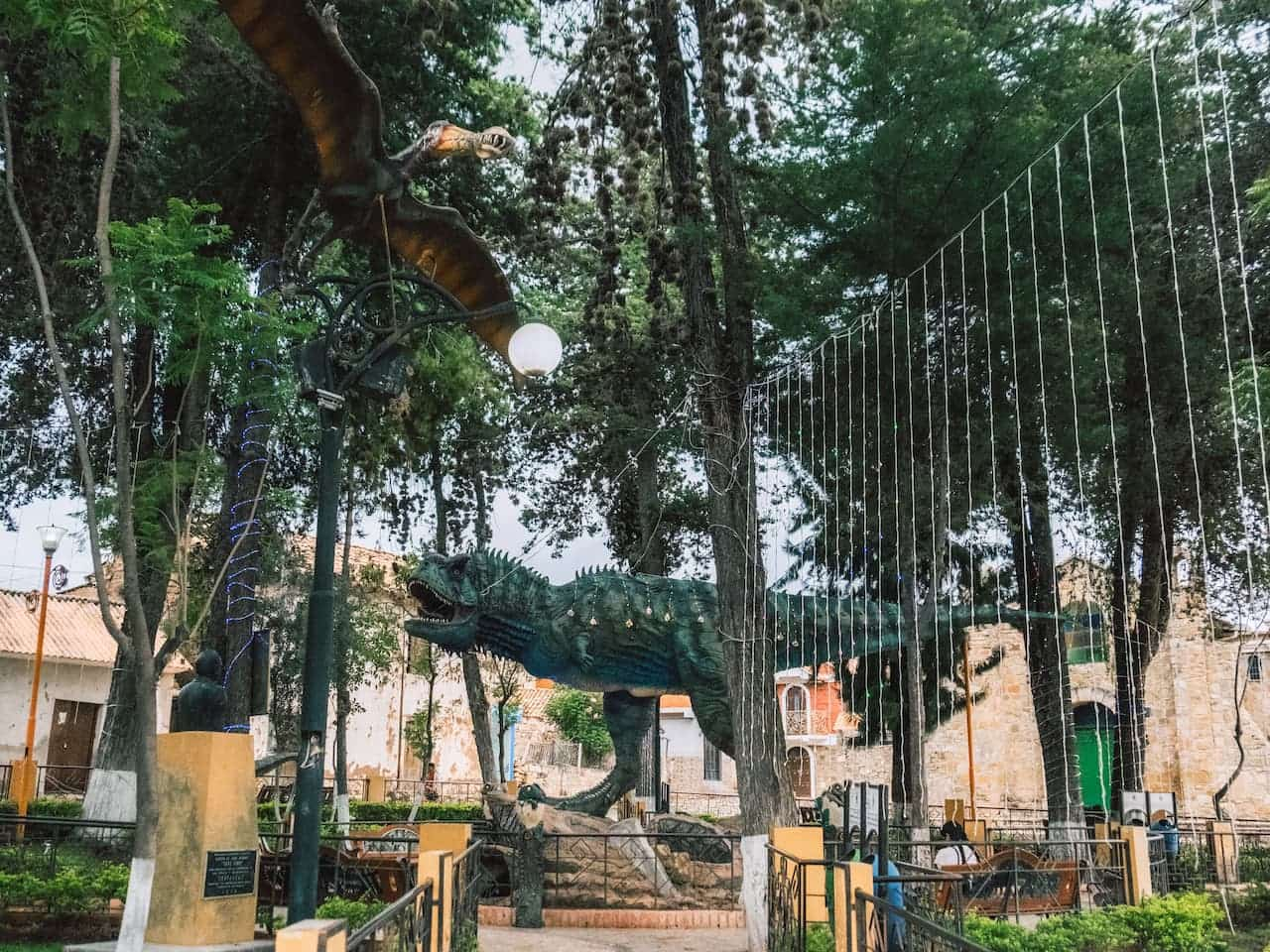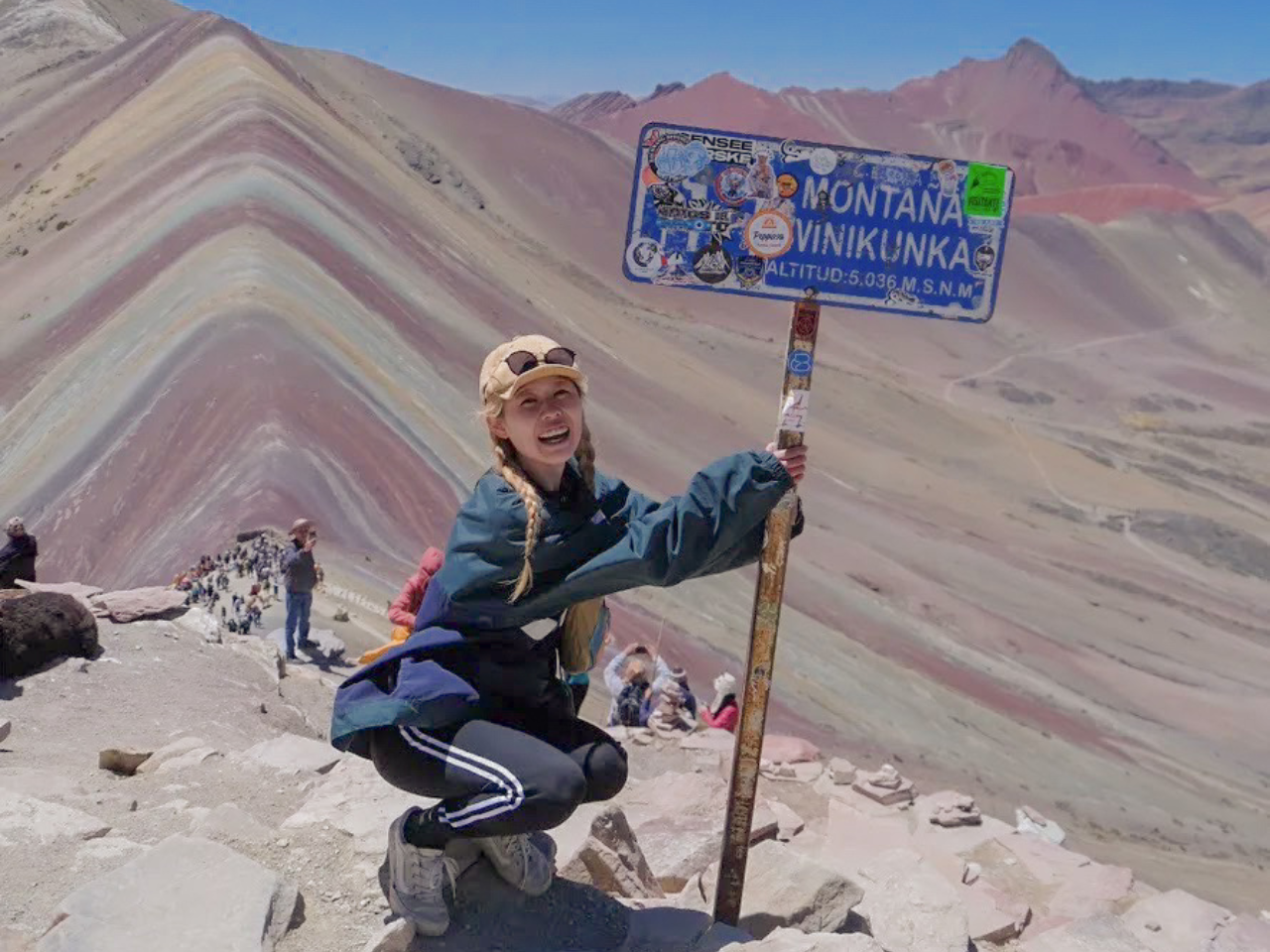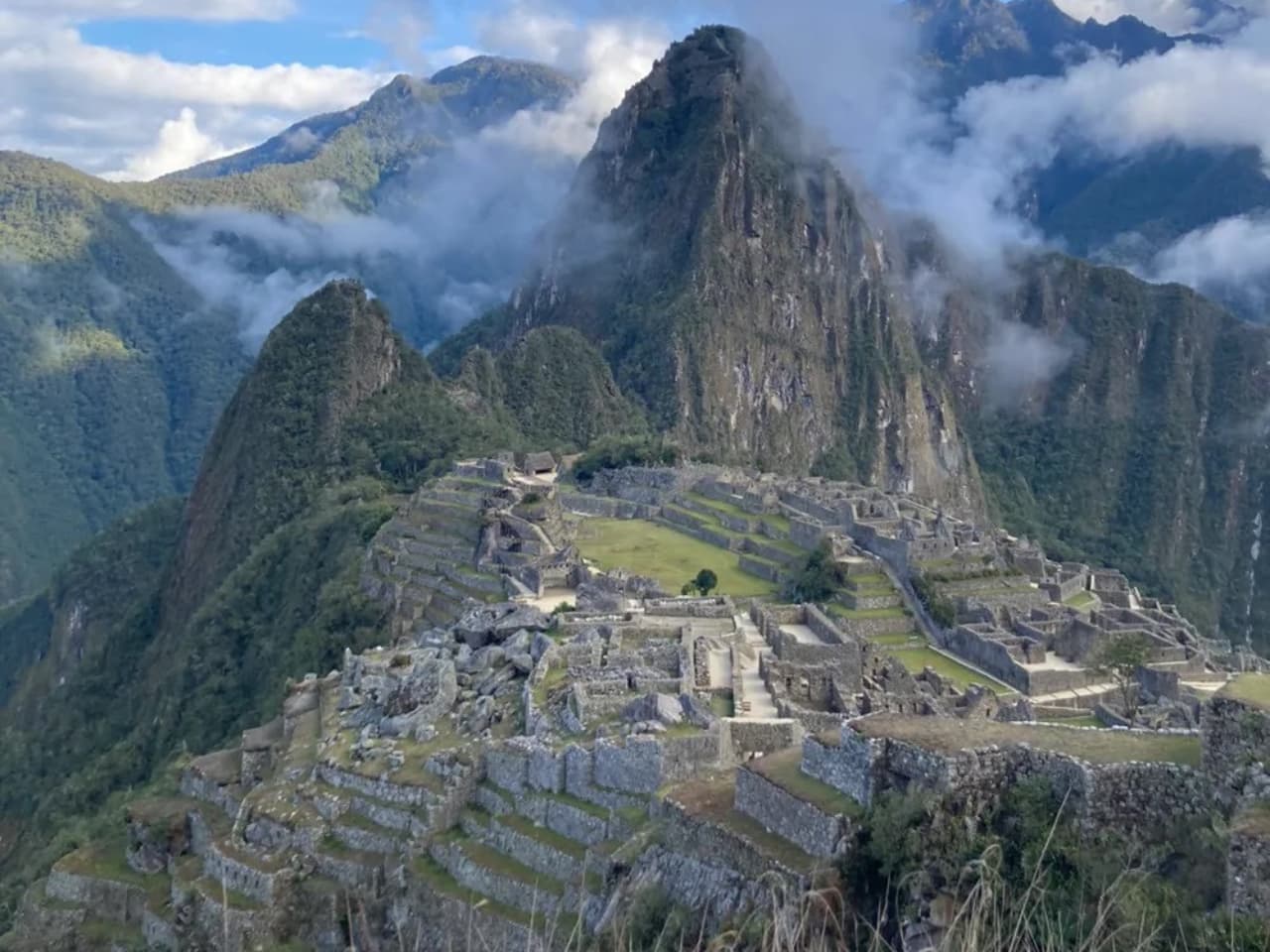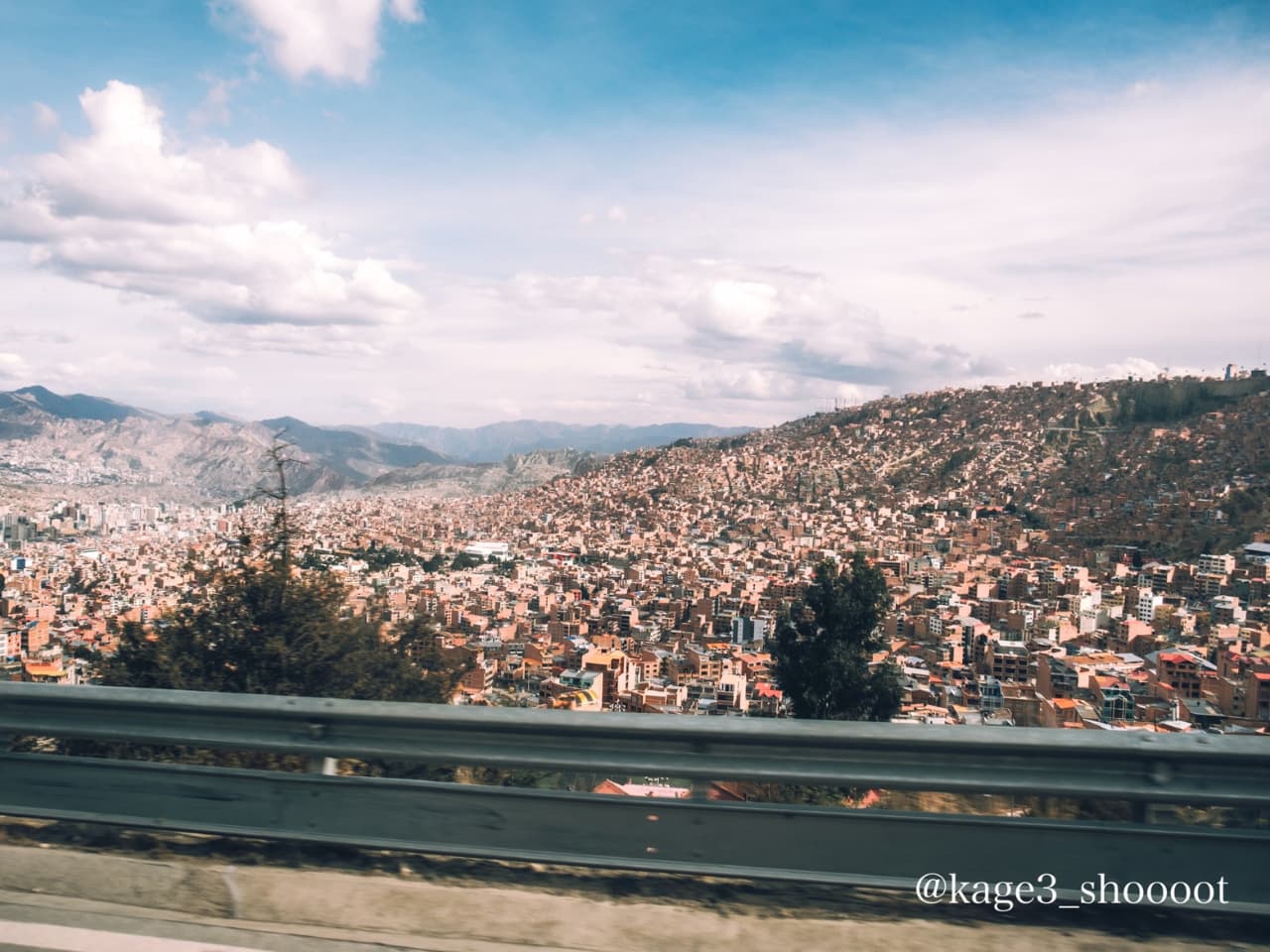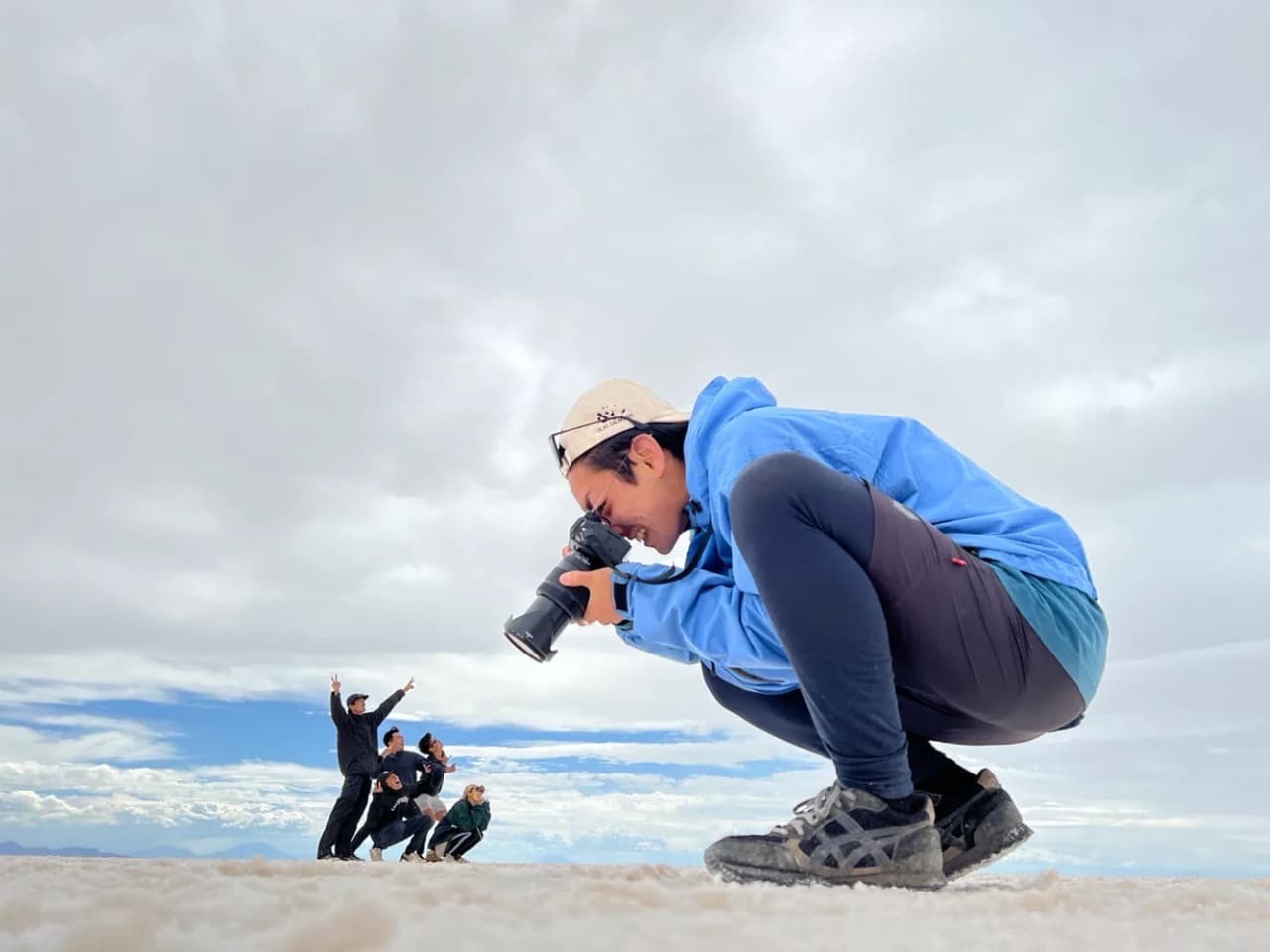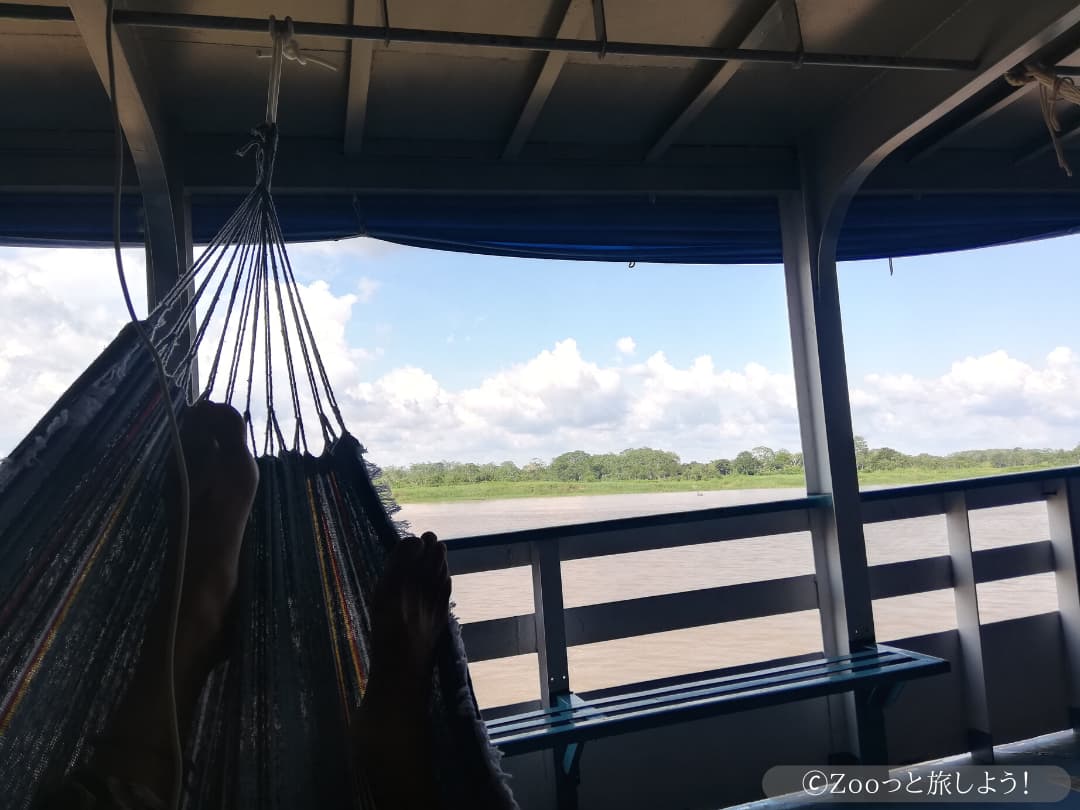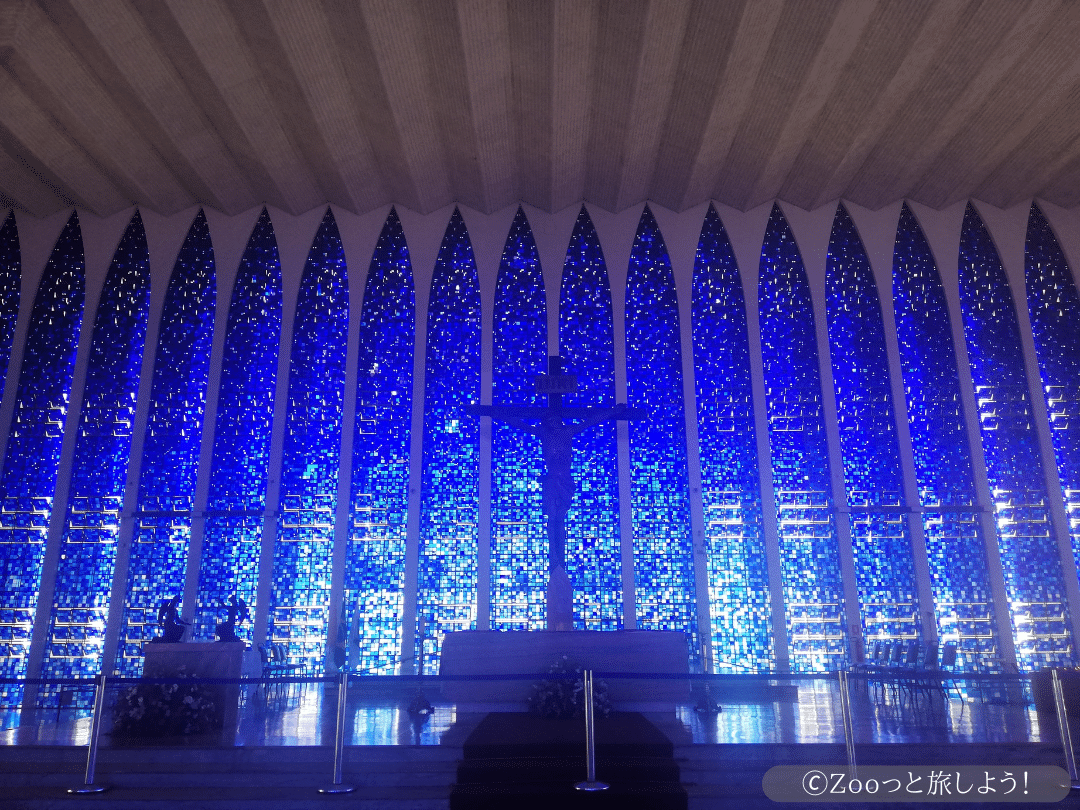Approximately two hours north of Quito, Ecuador’s capital, nestled in the heart of the Andes lies the small town of Otavalo. It is world-renowned for its indigenous handicraft market, Mercado Artesanal, which boasts the largest scale and finest quality in South America. On Saturdays, the entire town transforms into an enormous market, where locals in vibrant traditional dress and travelers from around the world come together to celebrate a true festival of 'living culture.'
Surrender to a Flood of Colors
The greatest allure of the Otavalo Market is its overwhelming richness of color. Fabrics and garments dyed with vivid hues born from the Andes’ sky and earth are arrayed in such abundance that they create a scene resembling a rainbow descended upon the land.
At the heart of the market, known as the 'Plaza de Ponchos,' a collection of exquisite pieces crafted using the Otavalo people’s traditional ikat weaving technique comes together. With intricate designs and meticulous craftsmanship passed down through generations, these items are not mere souvenirs but indeed qualify as works of art.
As the locals proudly proclaim, 'the colors of these textiles never fade'—thanks to a dyeing process that insists on natural materials which retain their vibrancy for decades. Hang just one piece in your room, and it will transform your everyday space into an exotically enchanting setting, like nothing short of magic.
A Treasure Hunt Shopping Experience
The allure of the Otavalo Market goes beyond the quality of its wares. Its astounding variety and the treasure hunt experience of uncovering hidden gems are what captivate so many travelers.
The main items available at the market are as follows.
- Vibrantly colored tapestries and tablecloths woven from wool and cotton.
- Warm, hand-knit sweaters and shawls made from alpaca wool.
- Tote bags and backpacks adorned with traditional patterns.
- Exquisitely handcrafted instruments (such as pan flutes and charangos).
- Hand-carved wooden masks and ornaments.
- Vivid, colorful traditional costumes and indigenous jewelry.
Ask a vendor, 'How is this made?' and many will proudly explain their craft, turning the encounter into a cultural exchange rather than just shopping. Prices aren’t fixed because bargaining is part of the culture. A typical transaction results in a 20–30% discount off the initial price, so be sure to negotiate with a smile and a spirit of mutual respect.
A Market Experience to Engage All Your Senses
The Otavalo Market isn’t just a feast for the eyes. The gentle melodies of pan flutes, the aroma of freshly baked empanadas, the sweetness of fresh fruits, and the soft texture of wool are all there to delight your senses.
In the food section located in a corner of the market, you can savor the home-cooked dishes that locals enjoy every day. In particular, the 'Caldo de 31' (a soup made with offal and potatoes) eaten on Saturday mornings serves as a source of energy for locals. Additionally, you’ll find a full array of Andean flavors, including dishes like 'Loco de Papa' (a potato soup with cheese and avocado) and 'Orñiad' (pork roasted over an open flame).
A Cultural Experience Beyond the Market
If you're visiting Otavalo, you should venture beyond the market to explore the surrounding area as well. Within walking distance of the market, there are weaving workshops and instrument-making facilities where you can observe traditional craft processes. In particular, at the 'Miguel Andrés Workshop' you even have the chance to witness live demonstrations using indigenous traditional looms.
Additionally, on Saturday early mornings an 'Animal Market' is held on the outskirts of town, where local farmers trade livestock—a rare opportunity to catch a glimpse of a way of life that remains uncommercialized.
Furthermore, if you venture a bit farther, you can experience natural wonders revered as sacred by the Otavalo people, such as the mysterious 'Quicoccha Lake' (a lake formed in a volcanic crater) and the power spot 'Pueguaji Waterfall,' where natural energies coalesce.
Practical Information: How to Visit and Enjoy
Otavalo is accessible by a direct bus from Quito in about 2 hours (roughly $2.50 each way), or via a local tour. While the market is open every day, it is most bustling on Saturdays. It is recommended to take your time exploring from early morning until evening.
There is a wide range of accommodations available, from family-run establishments like 'Hostel Dona Esperanza' to boutique hotels such as 'Hotel Ali Shunka.' Spending just one night lets you enjoy different atmospheres—from the quieter, less-crowded market at dusk to the serene, mist-enshrouded plaza in the early morning.
In Conclusion
The Otavalo market isn’t just a shopping destination; it’s a living museum where you can truly feel over 500 years of Andean indigenous culture. The textiles and handicrafts you acquire here will not only serve as mementos of your South American journey but also as treasured keepsakes imbued with the pride and skill of their creators.
